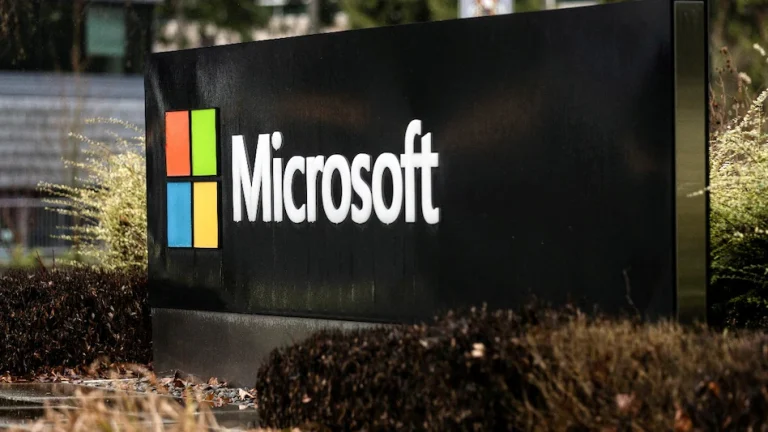Every day, millions of people type the same phrase into Google: “What is my IP address?” It looks technical, almost dull—a string of numbers separated by dots. But in 2025, those digits carry far more weight than most realize.
More Than Just Plumbing
An IP address is the internet’s version of a return address. It’s how data finds its way back to your device, how a video call connects, and how Netflix knows what country you’re in. At its most basic, it’s plumbing. Yet it’s also a beacon. It can hint at your location, reveal your service provider, and become one more puzzle piece in the data profiles advertisers and governments use to track behavior.
Why People Keep Searching
That’s why people keep asking. Sometimes it’s troubleshooting—IT support still needs your IP. Sometimes it’s convenience—gamers, remote workers, and streamers rely on it. But often, it’s about privacy. The surge in VPNs tells the story: millions of users masking their addresses to unlock content or simply browse without feeling exposed.
The Privacy Stakes
And exposure is the issue. Alone, your IP won’t spill your secrets. But combined with cookies, device fingerprints, and browsing histories, it builds a profile that’s uncomfortably accurate. Regulators in Europe now classify IP data as personal information. The U.S. is slower to catch up, but high-profile leaks are pushing the debate.
The Bigger Question
So the question, plain as it sounds, is really about control. Who sees me online? What do they learn from it? How much is too much? That’s why this simple query, stubbornly high in Google rankings year after year, refuses to fade. It’s not about numbers on a screen. It’s about the uneasy balance between being connected and being seen.







